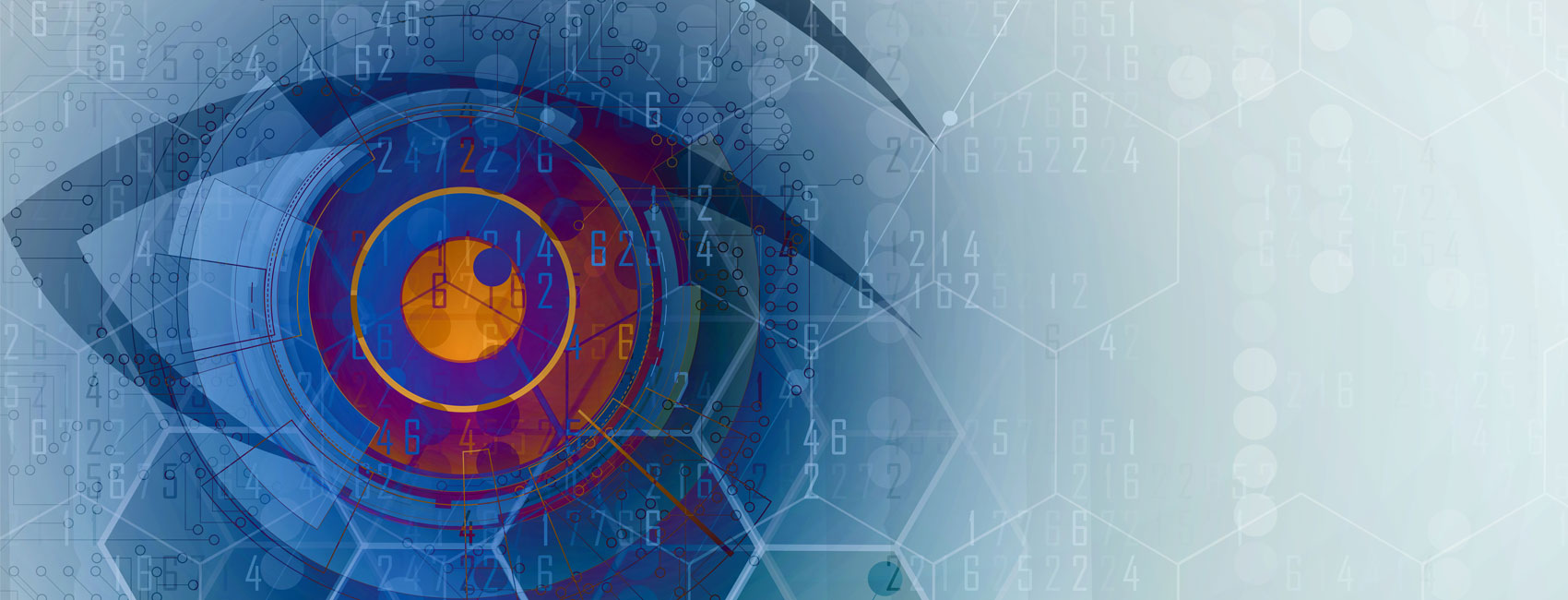DR@W

DR@W
Decision Research at Warwick (DR@W) is an interdisciplinary initiative which focuses on behavioural and experimental research of decision making.
Formed in January 2010, DR@W brings together researchers and students from Economics, Psychology, Statistics, Warwick Mathematics Institute, Warwick Manufacturing Group and Warwick Business School that are interested in current developments in the area of experimental and behavioural research.
The Department of Economics have created and manage a large computer laboratory for use with experiments.
Visit the Decision Research at Warwick website for further details.
DR@W Forum (Hybrid Session): Giovanni Burro (IGIER, Milan)
Investing in the stock market is a pivotal decision in households finance. Stock investment is substantially more profitable than investment in other asset classes. We experimentally test stock market participation and how financial memories influence it. Participants invest in a stock and they are compensated based on the actual price realization of that stock. We conduct two experiments. In the first experiment we elicit participants’ memories about the stock market before or after the investment task. We find that eliciting memories before the investment decreases the level of the amount invested on the stock, on average. However, the net effect depends on individuals' memories: positive memories increase the level invested compared to recalling non-positive ones. In the second experiment we elicit memories before the investment for all participants. After eliciting memories and before the investment task we provide participants with positive financial information about the stock they are about to invest in. Information increases the level of the amount invested on the stock. It also increases beliefs (and confidence) about the probability that the stock will rise in price. While information provision increases investment, it only does so for those that recall non-personal memories, as opposed to personal ones. We rationalize the first finding in the light of the similarity principle of memory recall and the second one in the light of interference.
Meeting ID: 935 8612 7854
Passcode: 942066
